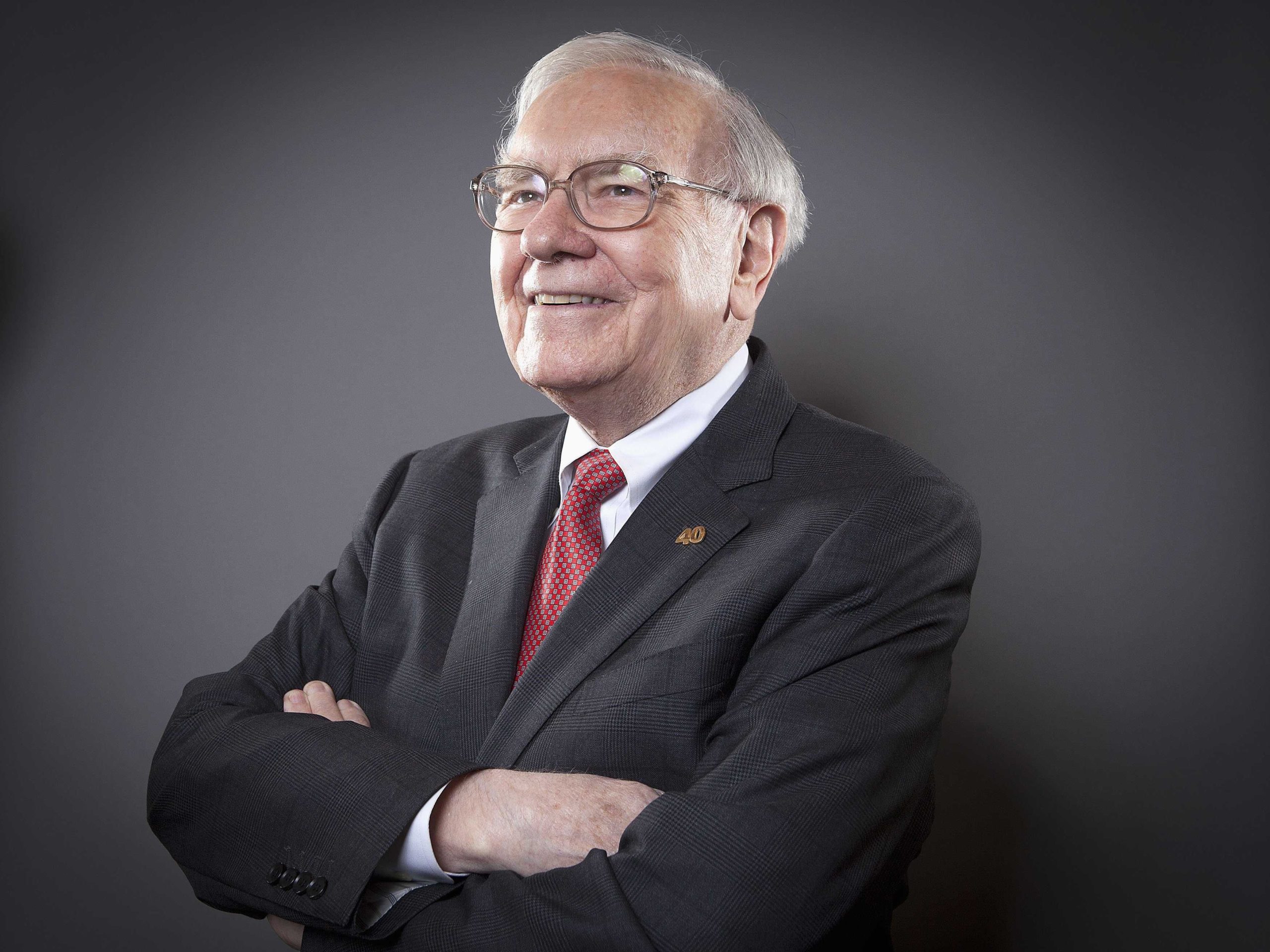Investors have been told for years that a diversified equity portfolio is a must in turbulent times. Yet Warren Buffett, the world’s most successful investor, barely does that.
More than 78% of Buffett’s investment vehicle Berkshire Hathaway, worth almost $188 billion in total, is invested in just five shares, notes The Motley Fool.
Berkshire Hathaway has achieved an average annual return of 20.3% over the past 55 years. If you had invested $100 in Berkshire Hathaway in 1965, you would have had a fortune of $2.7 million by the end of 2019.
These are the five companies:
Apple: 115.4 billion
This American tech giant accounts for almost half of Berkshire Hathaway’s invested capital and would profit from nearly $80 billion for Buffett if sold. And on top of that, the dividend.
Investors who buy Apple know precisely what they’re getting. The iPhone is still hugely popular in the U.S., and the 5G version is likely to be a significant growth catalyst in the last quarter of this year and early next year. Also, top executive, Tim Cook, is making a shift to service, which will boost margins and profits even more.
Buffett is also a big fan of Apple’s dividend policy. The company pays out 14 billion dollars in dividends annually and has aggressively repurchased its shares.
Bank of America: 26.1 billion
It is no secret that Buffett is a big fan of bank shares, mainly because they generate money in the long run. Buffett often fills Berkshire Hathaway’s portfolio with cyclical companies that can benefit from long economic growth periods.
Bank of America certainly fits down that street. Once the Fed decides to raise interest rates, Bank of America will benefit. Furthermore, the bank has cut personnel costs in recent years: digital and mobile banking is becoming increasingly popular, so BofA has chosen to close a small percentage of branches to limit expenses.
Coca-Cola: 20.2 billion
This U.S. beverage giant has been part of Berkshire Hathaway’s portfolio for 32 years and is unlikely to be sold soon.
There are two reasons why Buffett loves Coke. Firstly, the company has strong brand awareness and a vast geographic reach. Coke is active in almost every country in the world, except North Korea and Cuba.
Secondly, Coke is a so-called dividend aristocrat – the benefit is increased each time – which has provided Buffett with a large amount of money over the years.
American Express: 16.1 billion
This American payment giant has been part of Buffett’s portfolio for 27 years.
As mentioned above, Buffett is a fan of companies that can benefit from long economic expansion periods. American Express processes retail transactions within its network and lends money to individuals and businesses, reaping the benefits of interest income.
Although American Express is exposed to the risk of non-payment during recessions, periods of economic growth take significantly longer than periods of contraction. What’s more, over the years, the company has attracted many affluent consumers. The wealthy generally suffer little from a small economic downturn, allowing American Express to better weather its competitors’ current economic weakness.
Kraft Heinz: $10.2 billion
Finally, there is Kraft Heinz, who has made little impression in recent years. Berkshire Hathaway owns just over a quarter of the company’s outstanding shares.
The problem is that Heinz overpaid for Kraft Foods in 2016, causing the combined company to amortize more than $15 billion in goodwill on several major brands in February 2019 and reduce its dividend by 36%.
Although sales of the number of products increased significantly due to the corona-pandemic, Kraft Heinz is still struggling with $33.3 billion in goodwill and nearly $29 billion in long-term debt. There just isn’t much room to boost sales.
Still, Buffett annually raises $1.60 per share in dividends, which amounts to a payout of no less than $521 million. In such a case, waiting may not be very annoying.
